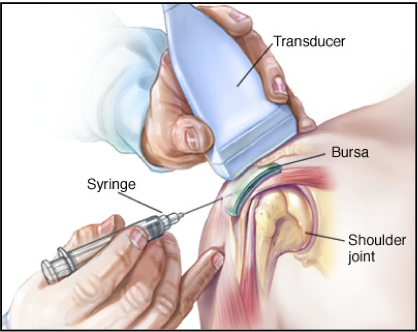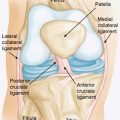Many people have experienced debilitating and chronic pain which accompanies shoulder injuries. Damaged which has occurred in the shoulder can worsen over time creating a lifelong impact, if it is not properly addressed and correctly treated. If you have suffered damage or injury to your shoulder, you may have been referred to a shoulder surgeon. These specialists are experienced with all aspects of procedures in the shoulder area and may even be able to recommend a less invasive treatment option. However, there are a number of complaints which are commonly addressed by a shoulder surgeon. These include:
SLAP Tears:
This form of tearing is more common in very active and younger people. The damage occurs when the cartilage is separated from the glenoid socket. This causes an injury in the superior labrum, which can be very painful especially when throwing or lifting weight. There are other treatment options, which are less invasive than a surgical procedure. Your shoulder surgeon may recommend a non surgical option initially, to assess whether this can resolve the issue. Alternatively, a surgical procedure may be necessary. However, many procedures can now be performed using arthroscopic surgical techniques, which minimizes the invasiveness of the procedure and reduces healing time.

Tears in the Rotator Cuff:
This is a frequent injury which is exhibited in experiencing pain and weakness in the area during even gentle activities. Many patients also experience night time pain and discomfort. Generally, surgery is not considered to be the only treatment option for this type of injury. Your shoulder surgeon may recommend physical therapy and modifications to how you perform everyday activities to assess whether the condition can be improved without surgical intervention. There may also be a benefit to cortisone injections treatments.
Frozen Shoulders:
This type of condition can be caused by trauma, injury or even apparently unrelated medical conditions such as diabetes. Initially, physical therapy is usually recommended. This may be sufficient to restore normal range of motion and function. However, if this is unsuccessful, surgery may be the best possible treatment option.
Fractures:
Many people experience fractures in the shoulder region. The most common causes of this are falls and auto accidents. In some cases surgical intervention is necessary to reset the fracture especially in certain areas of the shoulder such as the clavicle.
Dislocations:
Dislocations tend to occur during auto accidents, falls and in athletic training. In some cases of dislocation, surgical intervention is necessary. For example, in cases of latarjet coracoid transfers, the procedure involves replacing bone which is missing from the shoulder socket. If a condition such as this is left without adequate treatment, the dislocation can result in other damage occurring including rotor cuff tears.
If you are having difficulties with your range of motion in your shoulder, you may need to consult with a shoulder surgeon for an assessment. They will be able to examine your shoulder to determine if an injury or damage has occurred and advise you on the best possible treatment or procedure to restore normal function.































No Comments
Leave a comment Cancel